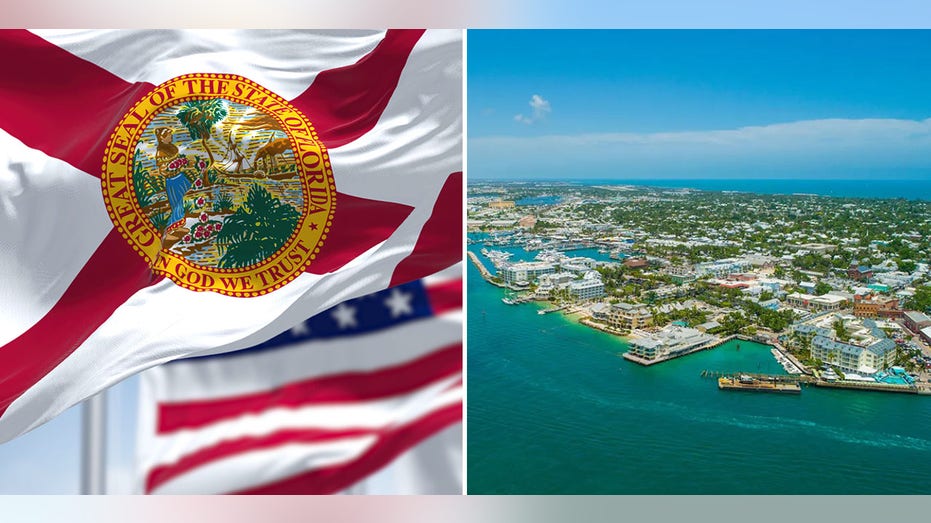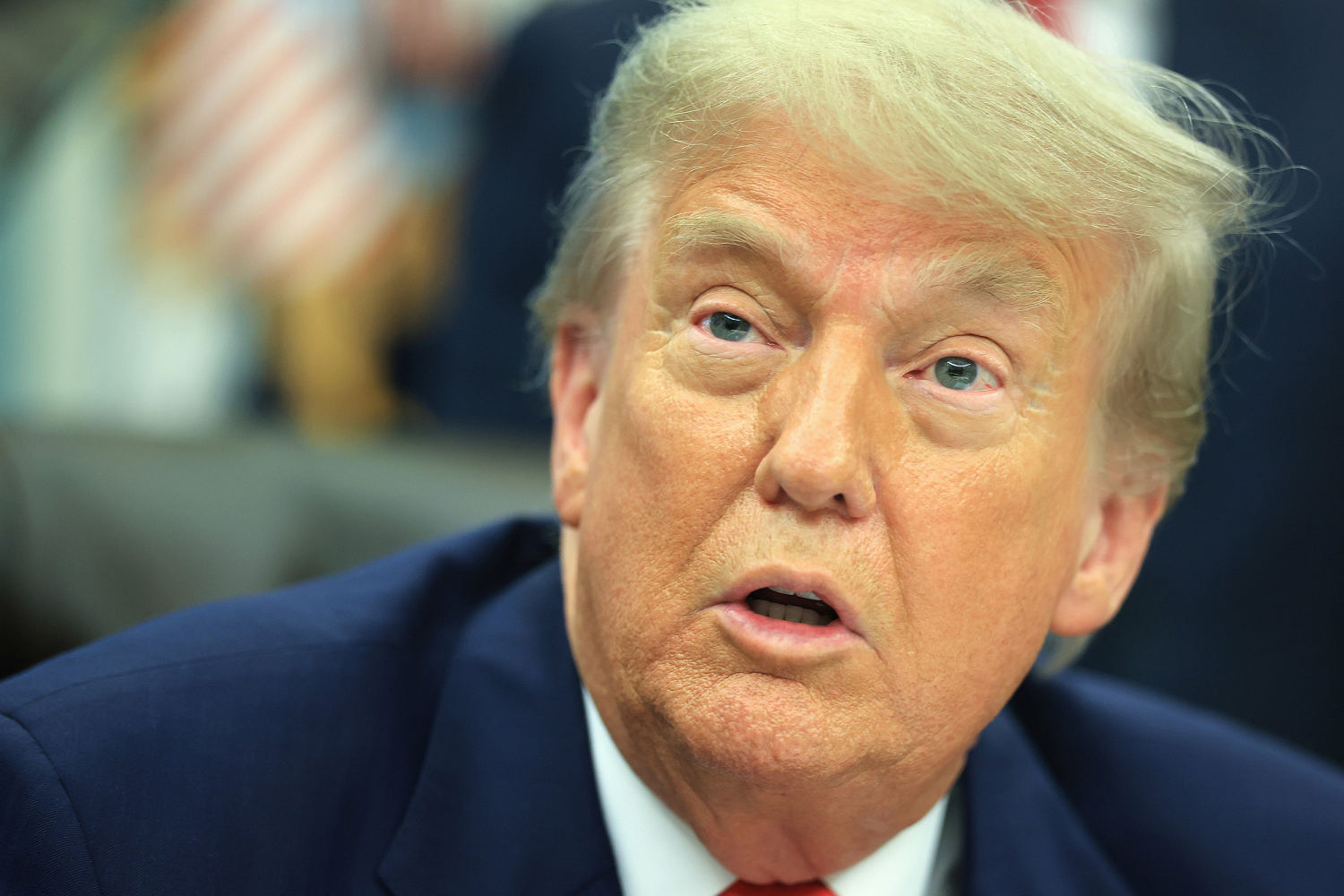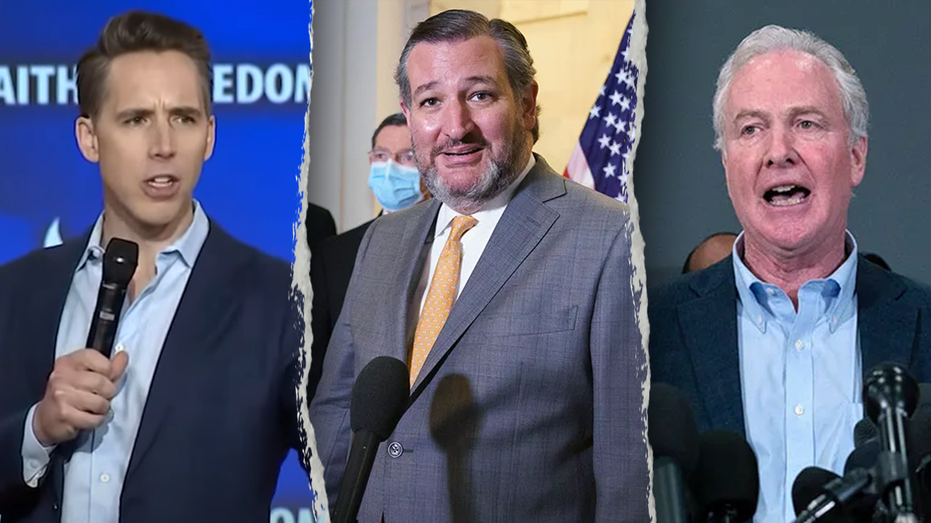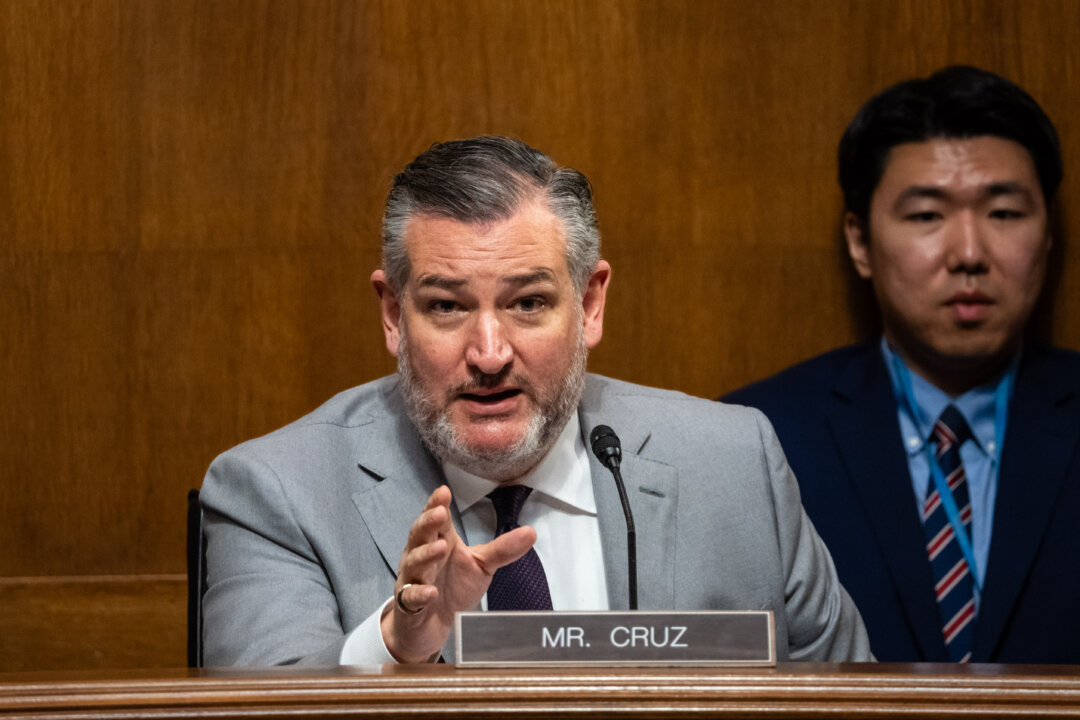The so-called Big Beautiful Bill was always destined to pass, and it’s instructive to realize why: for Republican lawmakers, this was an up-or-down vote on President Donald Trump.
The sprawling measure — which at its core was really one big, beautiful tax extender — was never about those tax rates or Medicaid or the deficit. The underlying legislation was no bill at all, but a referendum on Trump. And that left congressional Republicans a binary choice that also had nothing to do with the policy therein: They could salute the president and vote yes and or vote no and risk their careers in a primary.
It doesn’t take a political science PhD to realize where today’s GOP would land.
Don’t believe me, just ask the senior senator from North Carolina, Thom Tillis.
Yes — to be sure alert! — there was much juggling between the two chambers of Congress. House Speaker Mike Johnson, Senate GOP Leader John Thune and their lieutenants deserve credit for the creativity and flexibility they demonstrated by pacifying lawmakers uneasy about state and local tax deductions, rural hospitals and even the fate of Alaska Native whaling captains (somewhere, Don Young and Ted Stevens are smiling).
But, folks, the alternative was no alternative at all. Without acting, Republican lawmakers would have risked breaching the debt ceiling this summer, tempted an across-the-board tax hike when the 2017 rates expired at the end of the year and torpedoed their president’s sole legislative initiative.
The last of these merits more attention.
Perhaps the most remarkable story sitting in plain view in today’s Washington is the gap between Trump’s political and media dominance and the paucity of his legislative agenda. The president has been happy to spend the first six months of his second term signing executive orders, wielding tariffs as economic weapons and rampaging through news cycles with all manner of provocations, outbursts and threats. He’s less a traditional president than the old Kool-Aid man bursting through walls.
Which works quite well for somebody who measures success by attention and is mainly interested in the perception of winning than an LBJ-style collection of pens and parchment from bills signed.
The second-term, free-range Trump has not even pretended to be interested in the details of lawmaking and is even less interested in forging bipartisan coalitions with people he sees criticizing him on the television shows he consumes by the hours. Also, he’s mostly animated by immigration crackdowns and playing department store owner or price- fixer-in-chief, which he can mostly do on his own and battle out in the courts without consulting Congress.
Recognizing as much, and that their narrow margins in both chambers would limit their ambitions, a group of GOP lawmakers wisely decided to stuff every measure they could into one reconciliation bill they could ram through the House and Senate with bare majorities. Yes, there was more money for immigration and defense, but the most significant policy changes, except for Medicaid, were modest changes to deductions on tips, overtime and auto purchases that helped Trump fulfill campaign trail promises.
Those sweeteners helped keep Trump’s attention, relatively speaking, and let him portray the bill in which-side-are-you-on terms that rendered the language less relevant than the stakes.
The hard truth for small-government conservatives in Congress to swallow is that their primary voters care more about fidelity to Trump than reducing the size of the federal government.
Any overly loud critiques by lawmakers — no matter if rooted in principle or sound politics — were angrily dismissed by Trump as so much “grandstanding” by malcontents. He had scant interest in bill language because signing a bill is the point. Victory is in the action not the particulars. Plus, there’s only room for one grandstander in today’s Republican Party, as Tillis, Rep. Thomas Massie and Elon Musk (twice) have now learned. Every other actor is merely toiling in the engine room of the USS MAGA.
It's fitting that this Trump-era fact of political life is most difficult for Republicans on opposite sides of the ideological spectrum to grasp. What unites Senators Rand Paul and Susan Collins, a goldbug curious libertarian and old-school New England moderate? Neither is willing to accept a purely tribal politics in which substance is secondary to a cult of personality.
In fairness to Trump, he’s matured enough politically to recognize the difference between hectoring Massie, Paul and Tillis and haranguing Collins. The first cohort represents states the president carried three times and, with the important exception of Tillis, can easily be replaced by another Republican. But the Mainer is the GOP version of Joe Manchin: Once she’s gone, the replacement will be a conventional Democrat, not a more loyal Republican.
Speaking of Manchin, he and other Democratic veterans of the last administration’s legislative wars are all too familiar with the hangover that may await today’s jubilant Republicans after the beautiful black ink on the bill is dry and the fireworks have all gone off.
Joe Biden hardly commanded a cult of personality, but the tug of tribalism was almost as strong on congressional Democrats like Manchin, who were told to fall in line and back Biden’s pricey agenda. The West Virginian eventually did so, the main legislation did little to alleviate inflation despite its name and most voters at the polls last year pointed a finger at Democrats and not global supply chains for higher costs.
So Trump may not care about the details, but Democratic ad-makers in next year’s midterm will — and they’ll bet that the Medicaid cuts the president swore he’d never enact will do more to move voters than their tax bracket remaining the same.
.png)















 English (US)
English (US)